Wear OS Weekly
My new weekly column focuses on the state of Wear OS, from new developments and updates to the most recent apps and options we need to spotlight.
Three years after Samsung and Google introduced their Wear OS partnership to avoid wasting Android smartwatches from mediocrity, I’m comfortable to state the plain: the gambit paid off, and Wear OS in 2024 was stronger than ever.
As a relative newcomer to Android watches, I wasn’t round for this dismal pre-2021 period of Wear OS watches. When I appeared again at editorials from previous Android Central editors, I noticed years of complaints about sluggish efficiency, mediocre health options, a stagnant app ecosystem for builders, and a normal feeling that Google had no thought what it was doing and that Tizen, Fitbit, and Garmin provided higher Android watches.
No one thinks that now. It’s not that Galaxy and Pixel Watches are good, however they’ve change into much more multifaceted, providing greater than notifications and Google Assistant. You have extra assurance that any watch you purchase will get years of help, and you’ll see how Android OEMs like OnePlus see the potential of Wear OS and suppose it is right here to remain (in contrast to different Killed-by-Google experiments).
Looking again on the trail of Wear OS watches in 2024, I’m optimistic that one of the best years of Android’s wearable ecosystem are forward.
January 2024: Fossil provides up
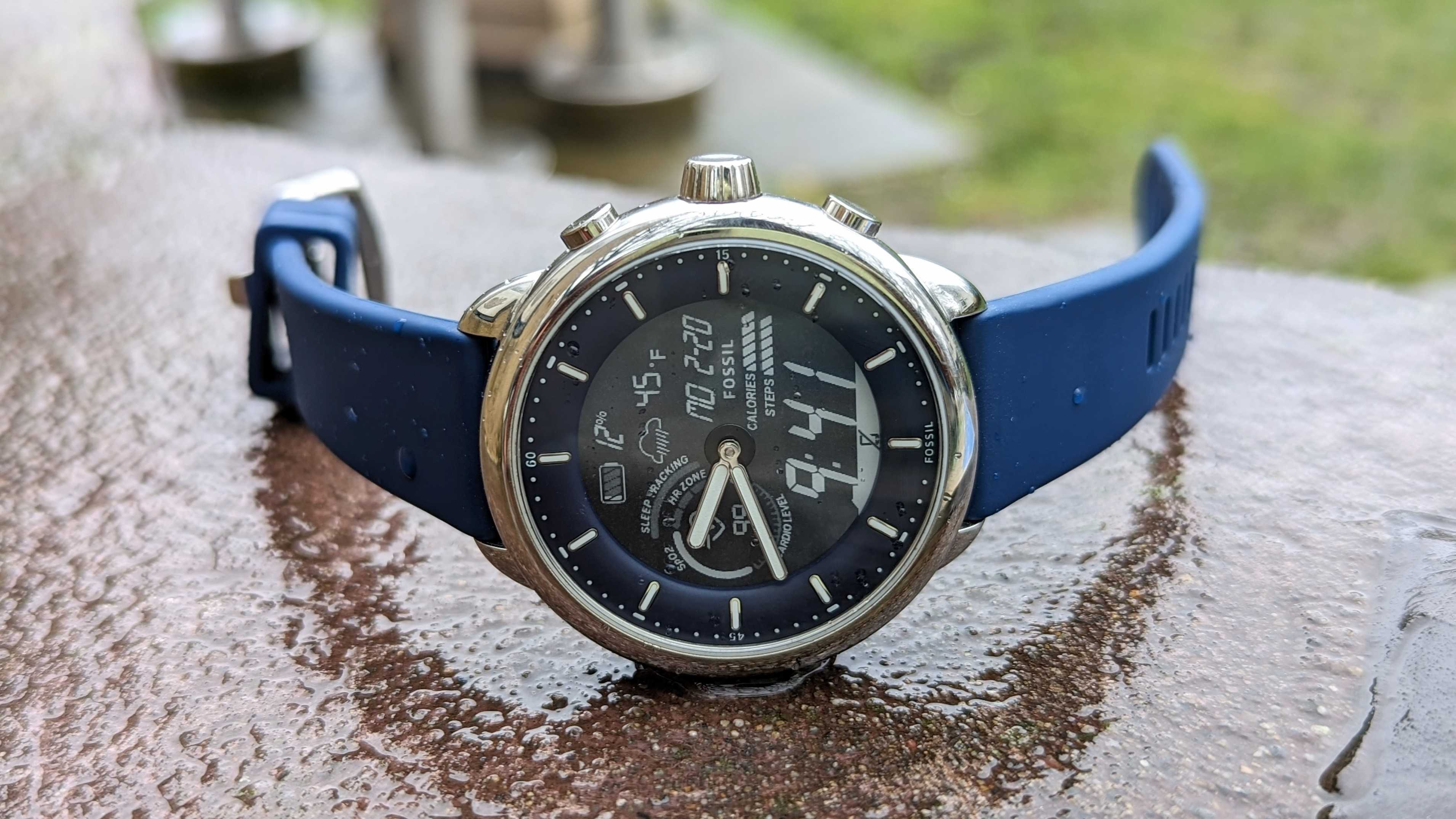
I’m beginning off with the yr’s low level, in my thoughts: Fossil determined to cease making smartwatches in 2024, after its Wear OS 3 and three.5 updates took a couple of yr longer than Google and Samsung’s.
Aside from Mobvoi TicWatches stubbornly sticking round, Google’s pre-Wear OS 3 purchasers have quietly given up on the model, both unable to compete on software program or not seeing the upside with Samsung dominating gross sales.
To stay related, Google and Samsung noticed that Wear OS wanted nearer phone-watch integration and improved well being monitoring. The drawback is that this focus leaves little room for Wear OS manufacturers that do not have their very own telephones to sync software program, or the flexibility to spend billions buying IP like Fitbit to compete.
Fossil gave us the Gen 6 Hybrid Wellness, the Skagen Falster Gen 6, and different subbrand choices from Michael Kors, Citizen, and Kate Spade; now we have misplaced that focus to classic-style design and any possible probability of hybrid Wear OS watches with extra selection. Even if Google leaving Fossil behind was a necessity for Wear OS to develop, it is nonetheless a disgrace!
February: OnePlus breathes recent air and battery energy into Wear OS
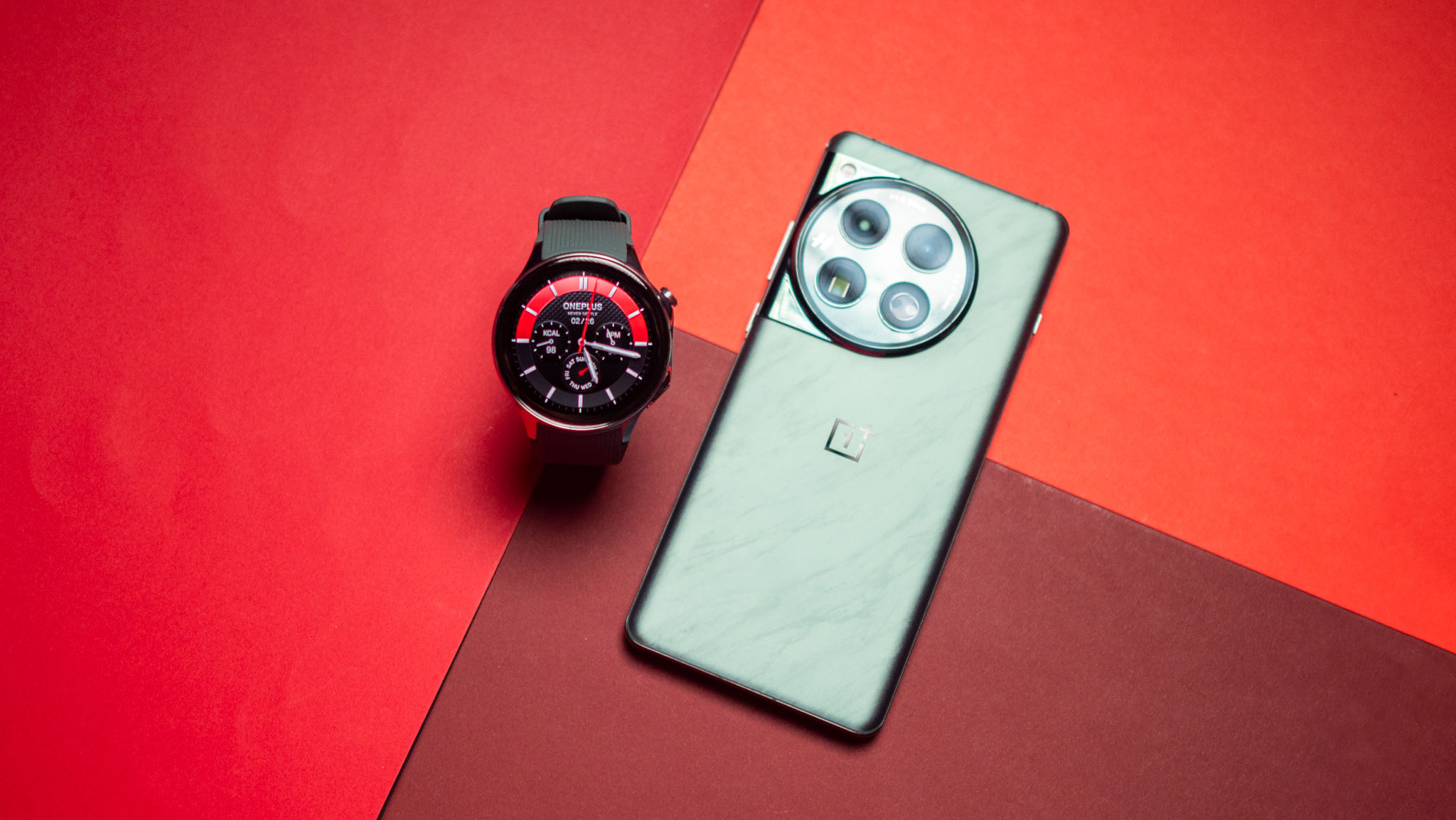
Losing Fossil was simpler to swallow as a result of OnePlus took its place the next month, launching the OnePlus Watch 2 in February and Watch 2R in July.
The Watch 2 has its points, possible stemming from OnePlus utilizing two totally different OSes — Wear OS and RTOS — that did not all the time talk completely. But it was additionally the coming-out celebration for Google’s Wear OS Hybrid Interface, which relegates background duties to the low-powered coprocessor to avoid wasting battery life.
OnePlus’s watch simply lasts 3–4 days without having as huge a battery as a TicWatch, giving a less expensive choice for anybody who did not need to shell out the massive bucks for a Galaxy Watch Ultra. And this deal with effectivity has paid off for Google and Samsung, too: Wear OS 5 has made their mainline watches final nearer to 2 days in regular circumstances when previous Wear OS watches all the time required each day fees (and typically twice-daily).
I’ll additionally cheat and produce up Xiaomi, which formally rejoined the Wear OS household in late 2023 with the Watch 2 Pro, a number of years after its one ill-fated Wear OS Mi Watch in 2019. It then offered the Watch 2 with Wear OS in February 2024. Now, with the OnePlus Watch 3 already rumored for early 2025, it is telling that Chinese OEMs see the profitability in utilizing Wear OS as their baseline after largely ignoring it for a decade.
June-July: Samsung and OnePlus convey again ‘low-cost’ Wear OS
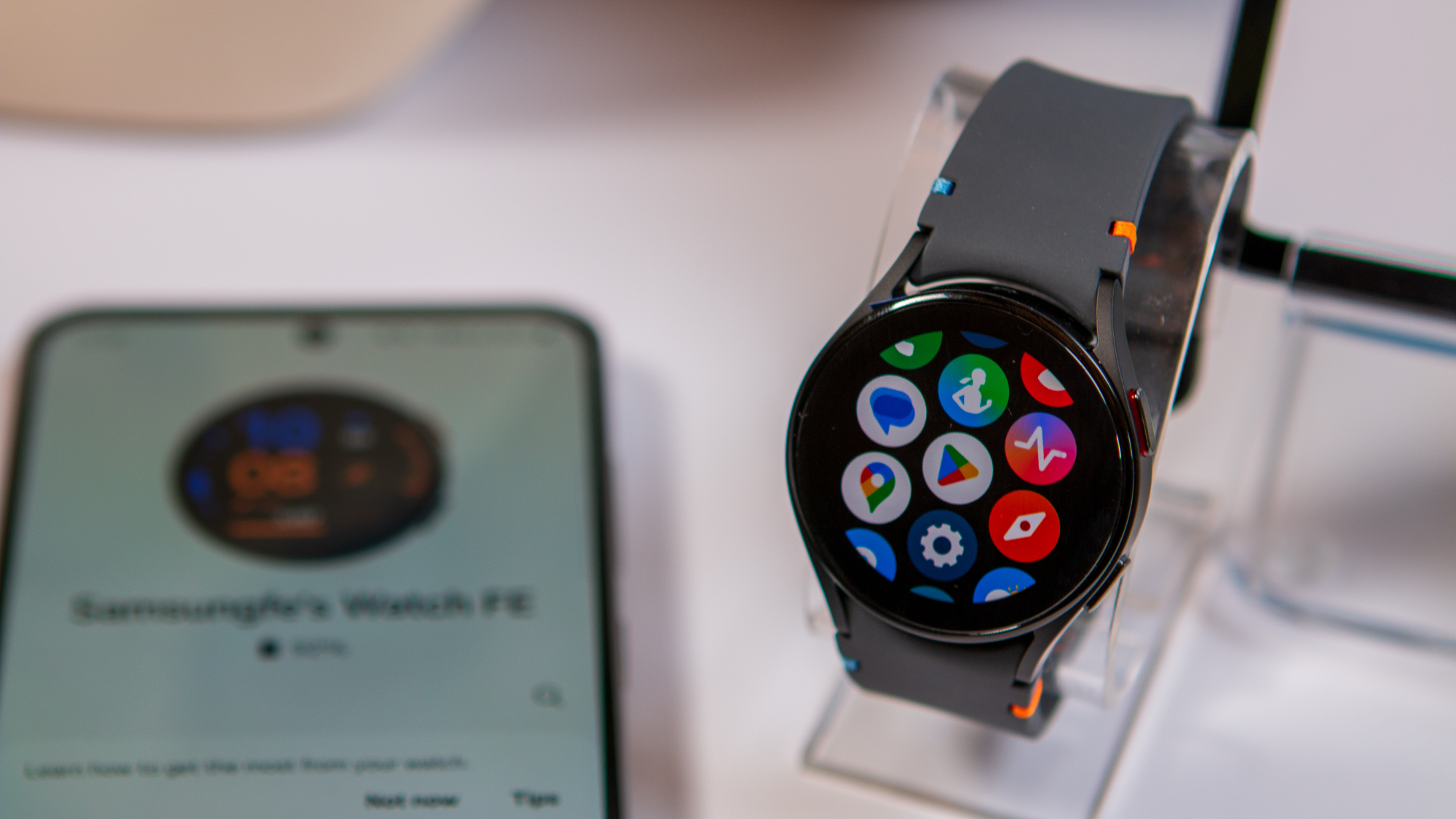
It would not take an business knowledgeable to guess that Samsung designed the $199 Galaxy Watch FE as its spin on the Apple Watch SE, seeing an opportunity to focus on thrifty followers on the lookout for low-cost Android watches. It provides you years of Wear OS updates for reasonable, however I disliked how Samsung gave a 2024 watch a 2021 chip, making it really feel last-gen from the beginning; I feel it wanted a more recent Exynos chip, with cutbacks in different areas.
Then you’ve got the $229 OnePlus Watch 2R, which has the identical chip, show, RAM, battery, and software program because the Watch 2 for $70 much less, slicing again on premium metal and extra sturdy glass. Basically, it is the identical watch, solely a bit uglier, which is probably why it is not fairly as low-cost because the Watch FE: higher parts.
Even if I’m the type of smartwatch energy person who spends additional for high quality, most individuals choose one thing reasonably priced with out having to purchase an older mannequin; Wear OS getting extra bargain-priced watches is an efficient signal that its market has grown exterior of Android superfans.
August: Samsung experiments once more with the Galaxy Watch Ultra
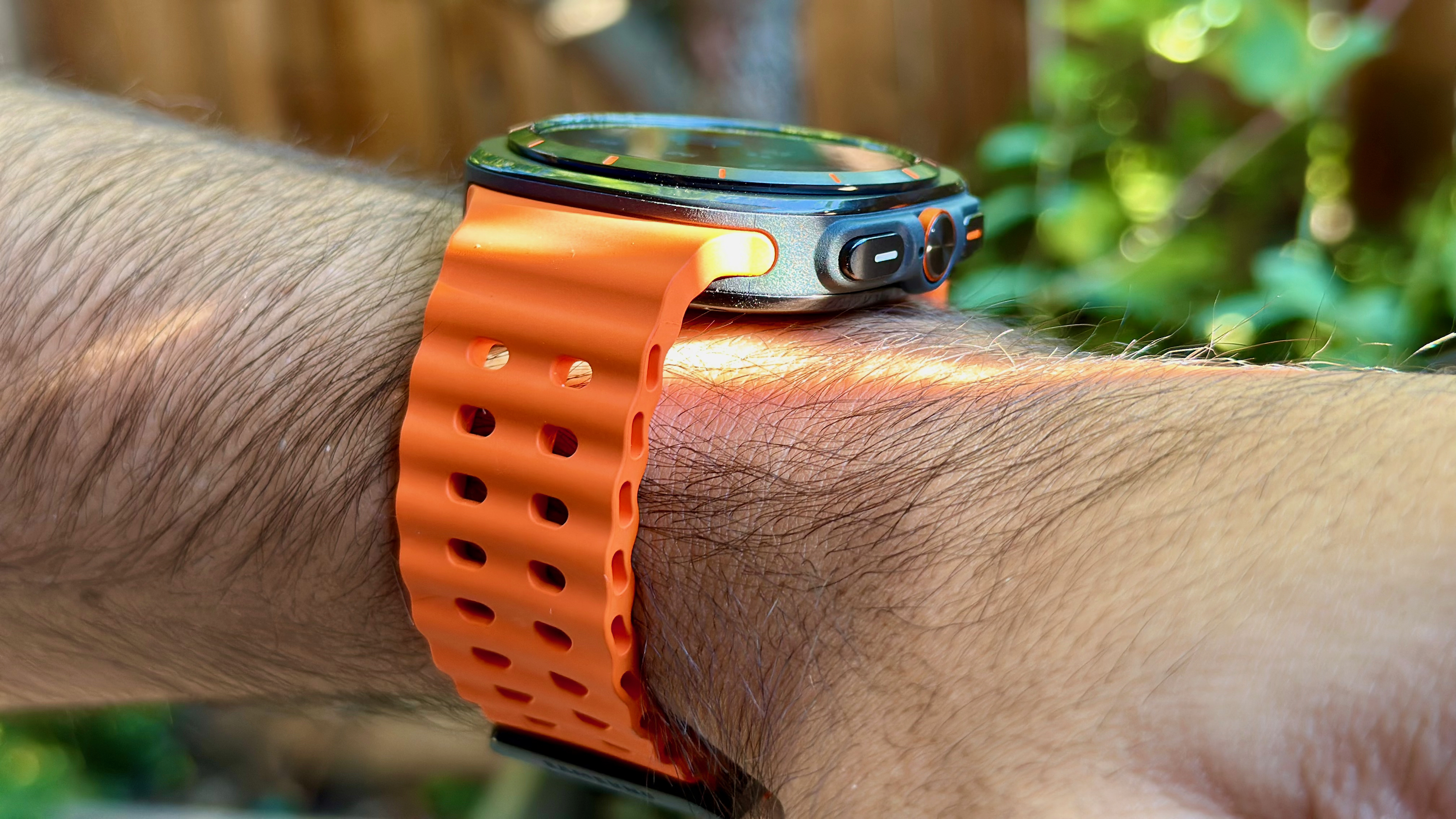
When ten generations of Apple Watches all look largely an identical, you must give props to Samsung for promoting three separate Pro, Classic, and Ultra watches in three years, every with a definite design and perks. The mainline Galaxy Watch design hasn’t modified a lot, however one leak recommended Samsung would possibly strive a squircle show for the Galaxy Watch 8.
The level is Samsung is prepared to strive new issues and see what works; the Galaxy Watch Ultra is the end result. It’s a trendy, rugged watch with a brilliant show, robust health efficiency, and (sadly) a higher-than-usual price ticket. You can resent the truth that Samsung has began charging a lot for a smartwatch, nevertheless it additionally did not reserve that many killer options for it, that means the Galaxy Watch 7 continues to be interesting for options, simply not as a lot for seems to be or battery. You will not really feel an excessive amount of FOMO should you skip the Ultra.
Hopefully, we’ll see extra “premium” smartwatches from Google, OnePlus, and different manufacturers sooner or later, with designs that are not fairly so…techy.
September: The Pixel Watch 3 closes the hole with Samsung
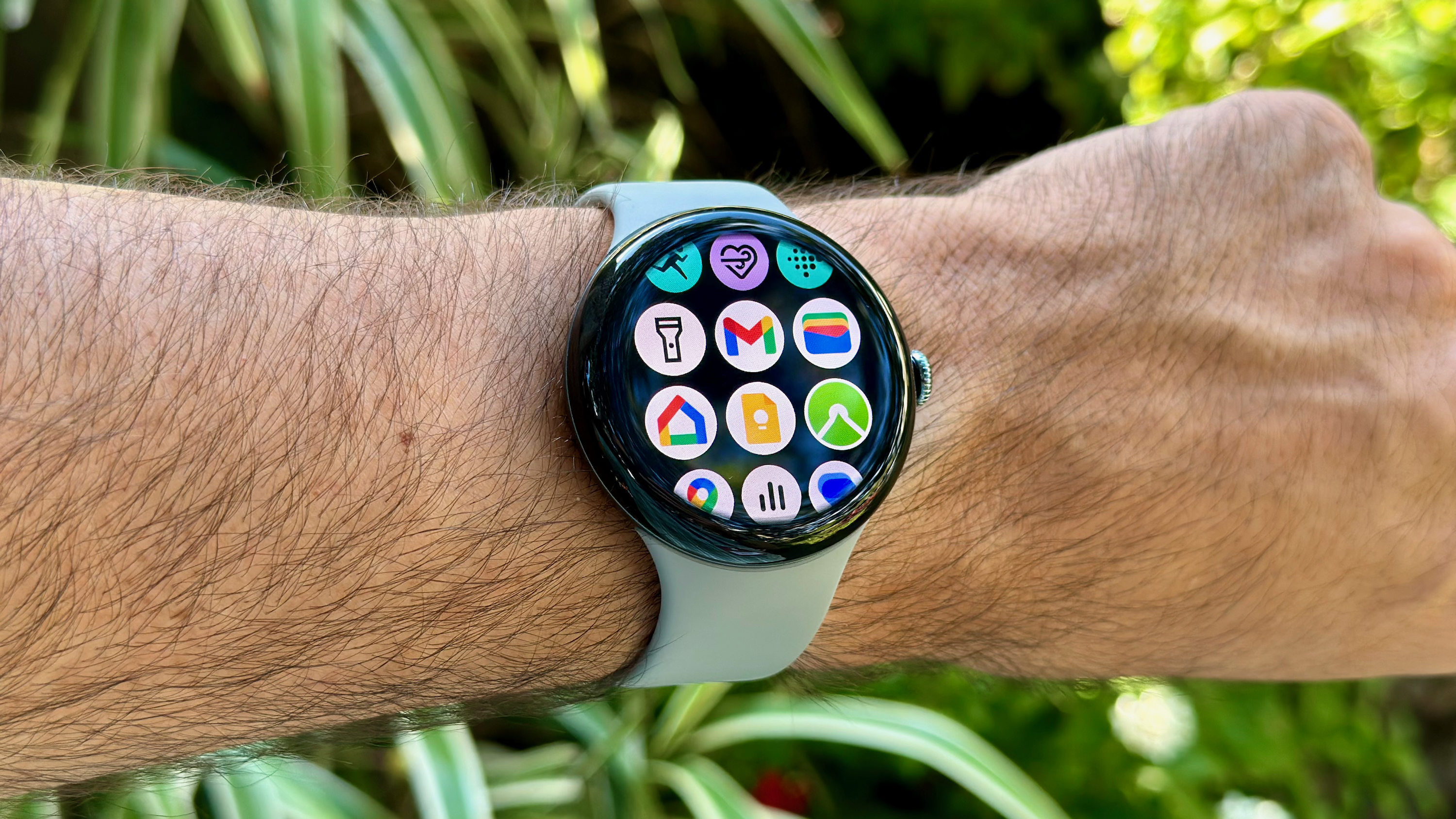
Google’s first Pixel Watch had outdated {hardware}, restricted Fitbit instruments, quick battery life, and a novel design that drew the attention. Each subsequent era fastened important flaws, and the Pixel Watch 3 has gotten even nearer to being a very full bundle now that it has two show sizes and extra environment friendly battery life.
Even although Google nonetheless falls in need of the Galaxy Watch in areas like sturdiness and size of software program help, I discover that comprehensible for a third-generation watch up in opposition to a seventh-gen watch. And given Google’s well-known tendencies to kill initiatives that are not prompt successes, I’m thrilled the Pixel Watch lasted lengthy sufficient to iterate into one in all my favourite smartwatches, despite the fact that we by no means see Google listed among the many top-selling smartwatch manufacturers.
Fall: Wear OS 5 is improbable (aside from the rollout)

Wear OS 5 made the system extra battery-efficient, lastly began reflowing content material to match bigger or smaller shows, made it simpler to emulate health watches’ exercises with “debounced targets,” and added or upgraded core Google apps with Google Home controls, Camera viewfinder, Pixel Call Screening, and Recorder. Compared to previous Wear OS variations with extra boring replace logs, it was a powerful yr.
My solely gripe with Wear OS 5 is that it blocks one in all my favourite apps for the sake of higher battery life.
Samsung’s One UI 6 Watch spinoff targeted extra on Galaxy AI, with instruments like Energy Score, Wellness Tips, gesture detection, and AI-suggested replies — although it additionally improved exercise instruments and added sleep apnea detection.
The solely draw back to this feature-packed replace is that it made Wear OS updates even slower. Google needed to roll its Wear OS 5 replace again in September as a result of it was crashing watches, then it took till mid-November to repair the problem. Samsung, which began rolling out Wear OS 4 to previous Galaxy Watches in August, solely started its Wear OS 5 rollout in November and completed in December. That’s a considerable hole!
One massive query shall be whether or not manufacturers caught on Wear OS 4, like OnePlus, Xiaomi, and Mobvoi, will have the ability to promptly replace to Wear OS 5 or stay a yr or extra behind due to its substantial modifications. The different massive query is whether or not that is the brand new regular and whether or not Android watches will take so long as Android telephones to replace.
Now: Wear OS 5.1 and past into 2025
Aside from the Wear OS 5.1 preview — an Android 15-backed replace that provides help for a credential supervisor and enjoying music on watch audio system — we’re not going to see any new Wear OS updates by March, in response to Google.
Still, I count on Wear OS watches to undergo much more thrilling modifications in 2025, and I’ll cowl my predictions subsequent week, from a serious AI focus to long-overdue new watch {hardware}.
For now, I’ll return to my foremost level: earlier than Wear OS 3, this website advisable non-Wear OS watches to Android customers. And should you’d instructed these business consultants 4 years in the past that the Wear OS market could be this robust, they’d have been skeptical that Google might pull it off. So credit score the place credit score’s due! If you are on the lookout for one of the best Android watch picks right now, you are most likely taking a look at Wear OS first.
